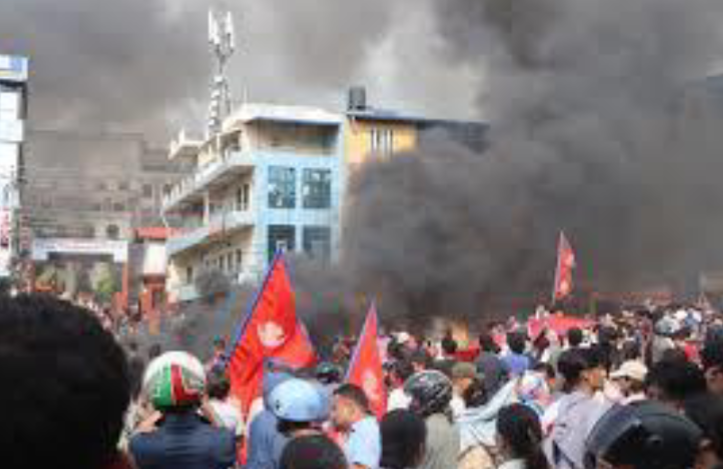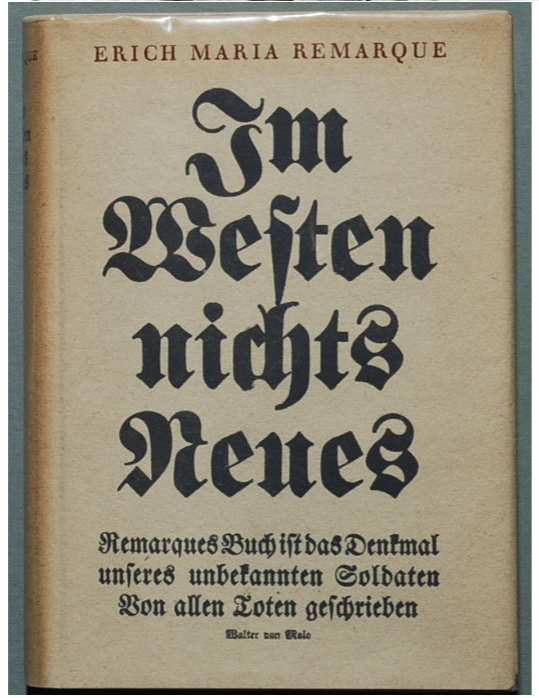Paul Bäumer, a young German soldier, fights for his life daily on the Western Front, bonded by a brotherhood with his fellow soldiers. His situation takes a turn for the worse as the men he calls brothers fall to their deaths one by one. The war will soon end, but what has been gained? Death takes the soul of Paul when a shot pierces his skin, ending the wasted life of young Paul Bäumer.
All Quiet on the Western Front is a novel by German author Erich Maria Remarque, published in 1928. Remarque, a veteran of the Great War, compiled numerous real-life experiences to tell the story in a vivid, realism-infused account, eventually leading to the novel becoming one of the most brutally realistic anti-war books ever to hit the shelves.
Our protagonist, Paul Bäumer, is a young German soldier on the Western Front in 1918. The book showcases Paul and his fellow soldiers Müller, Katczinsky, Kropp, and Tjaden, surviving a war they know is ultimately lost. The relationships between Bäumer and Katczinsky, in particular, show the bonds created by war and shared hardship. This, in particular, makes the book more unique than other war books as the buildup of relationships is highlighted much more than the actual battles of the war.
As good as the chemistry between the protagonists is, the writing is even more of a highlight for the novel. Remarque describes war in deep detail, at one point even explaining a dying horse trying to stand up with its intestines spilling out from its body, effectively creating a clear image in your mind of the setting Remarque intends to convey.
When I finally put this book down after reading it, I was both disturbed and intrigued—shocked by the unsatisfying ending and the level of realism and authenticity in the story. Though the characters are fictional, similar situations occurred throughout the four years of the devastating Great War. Furthermore, the intriguing part of the novel came from my search for curiosity. The story is realistic and presents fiction through authentic history. After finishing the book, I searched for poems and other works created during or after the Great War, mainly to learn history and better understand the emotional impact of war on these soldiers. However, few pieces moved me to the extent of this novel.





















